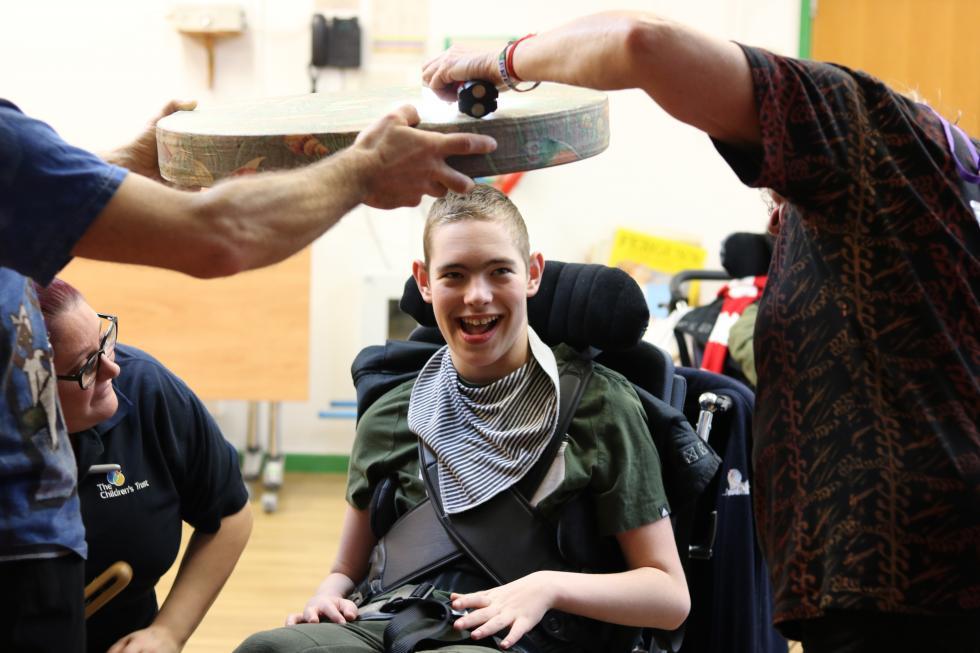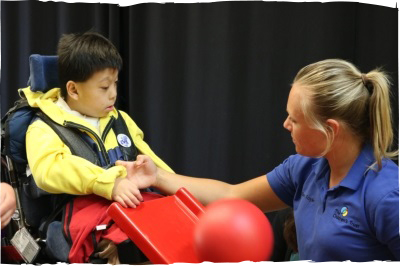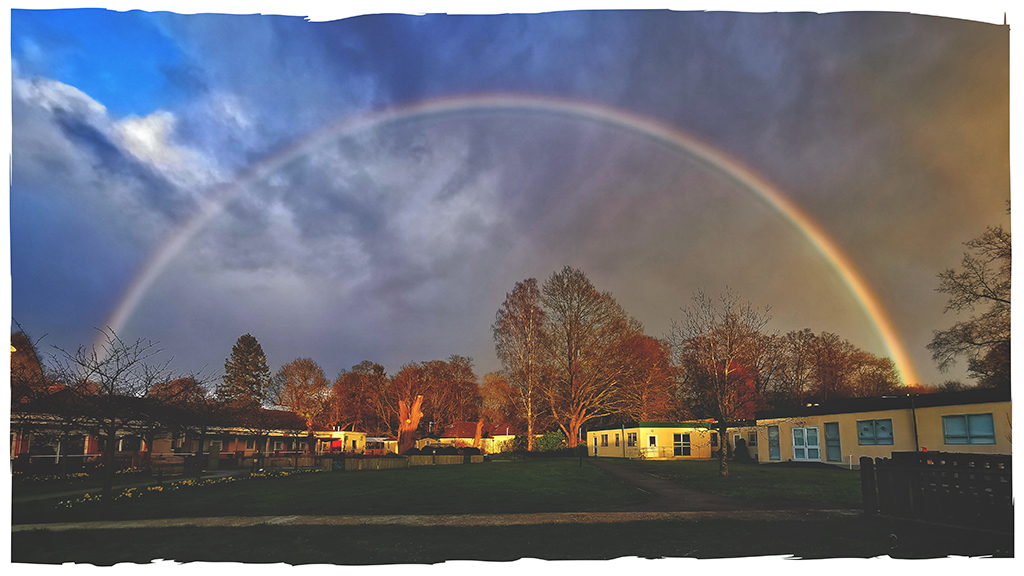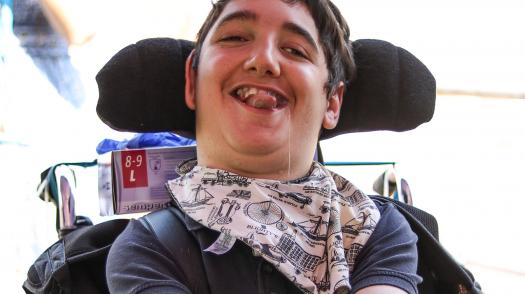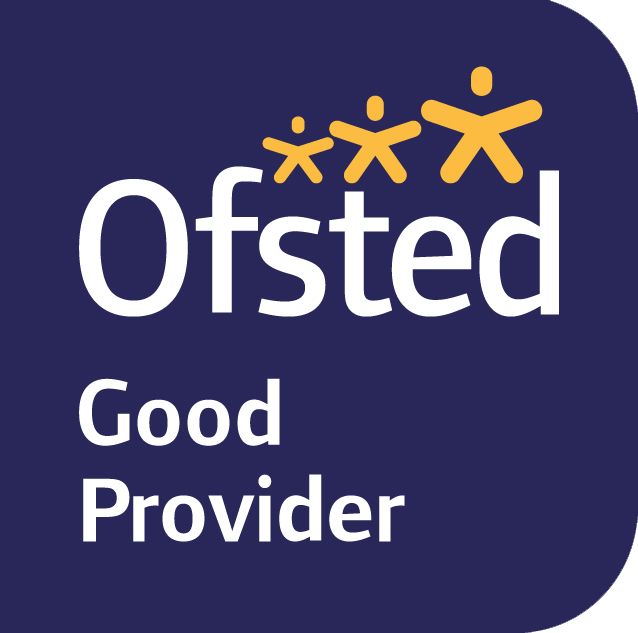We recognise that many parents and carers are not necessarily geographically local, we therefore:
- welcome visits, calls and communication from parents, carers, siblings, other family members and professionals by which ever means is most suited to your family life
- have a home/school diary for day pupils and 24-hour notes for those staying residentially
- welcome visits when we celebrate achievements and success
- offer parent/carer workshops which give the opportunity to become actively involved in set sessions with your child
- encourage family inclusion to our planned enrichment weeks
- provide a regular school newsletter with up-to-date features from across education, health and care
- offer on-site parent accommodation for those wishing to visit their child (subject to availability).


